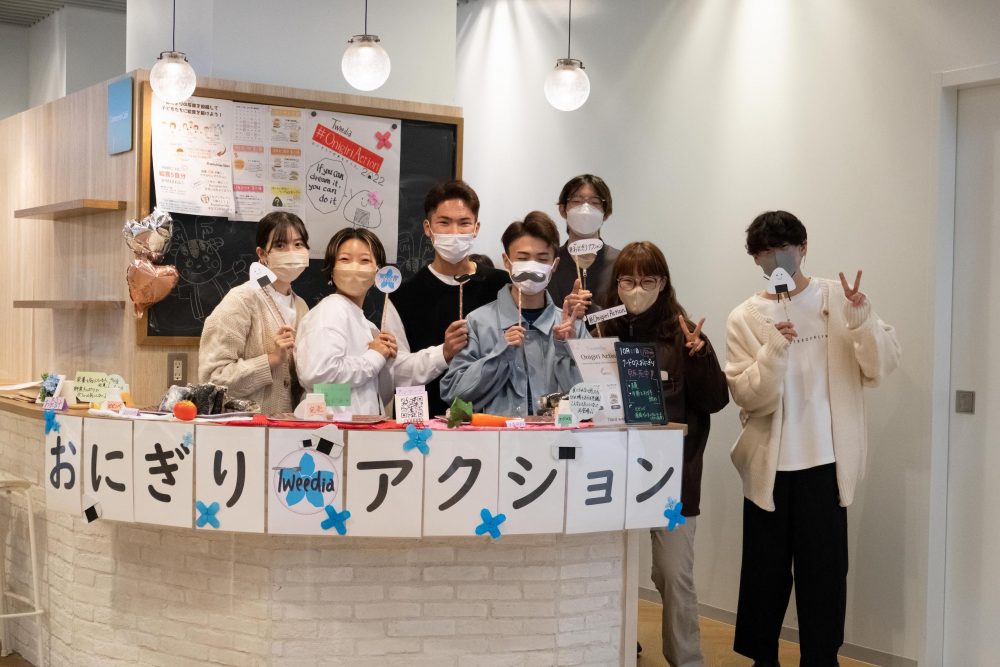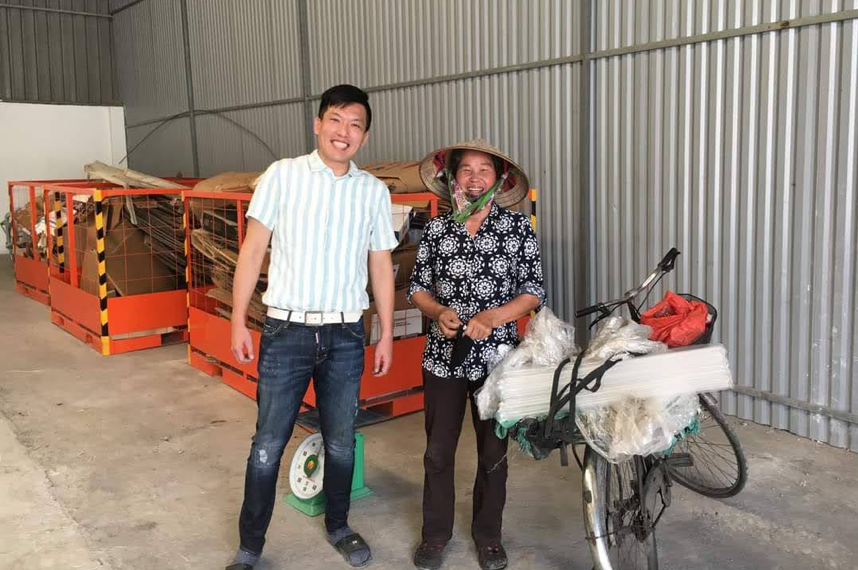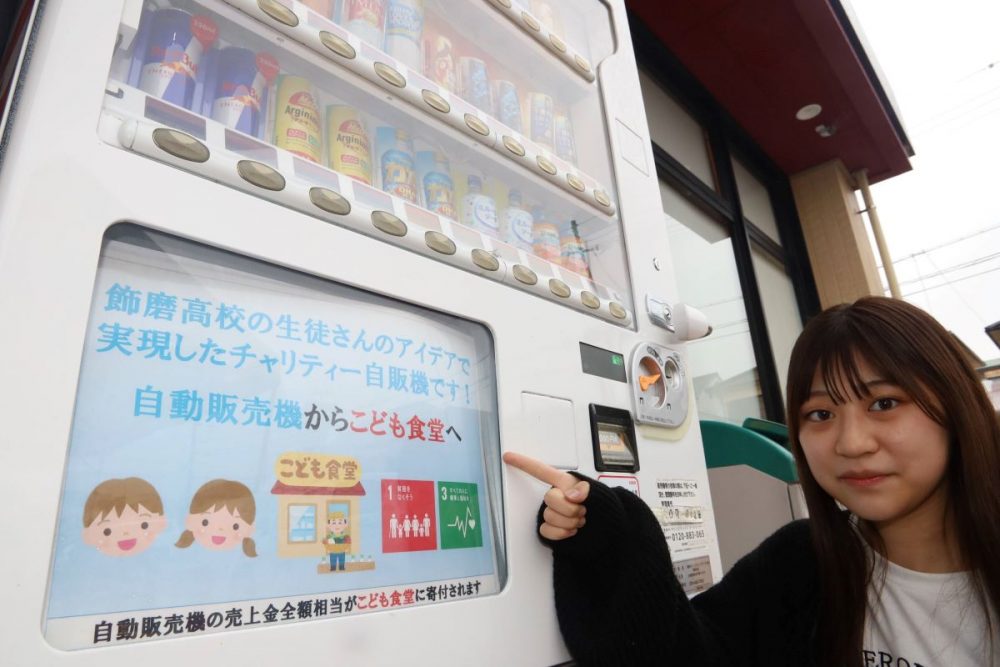[Global to Local] Sulejman Brkić: Working with Tokyo’s Forgotten Residents
Since forming the Tokyo Spring Homeless Patrol, Sulejman Brkić has been working to draw attention to the plight of Tokyo's homeless by sharing their stories.
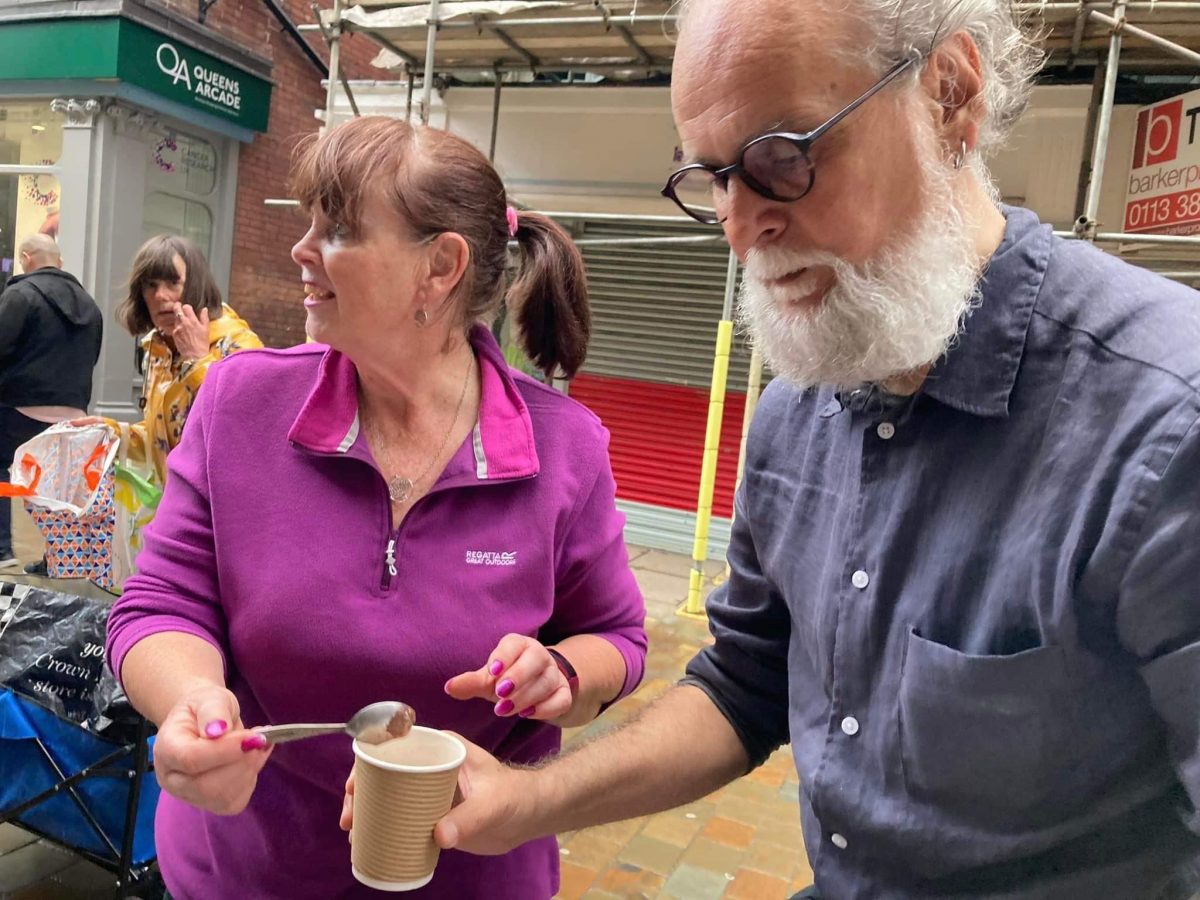
Sulejman Brkić has been volunteering with Tokyo’s homeless population for the past 16 years. In 2016 he helped to establish Tokyo Spring Homeless Patrol, a group that gathers two to three evenings each week to deliver food to those who are homeless in Shinjuku, Ueno, and along the Tama River. The native of Yugoslavia tells us about the group’s activities with some of Tokyo’s most vulnerable residents, along with lessons they can teach us about modern society.
What led to starting this volunteer work?
Allow me to begin with this quote, from a homeless man in the novel Tokyo Ueno Station by Miri Yu (Japanese title – JR Ueno-Eki Kōenguchi): “Nobody starts off life in a hovel made of cardboard and tarps, and nobody becomes homeless because they want to be. One thing happens, then another.”
Thank you for that powerful message. So, how did you start?
Back at the beginning in 2016, there were five of us – now there are 163. The original five used to volunteer with Soup No Kai, another group that helps the homeless. But we wanted to do more so we started Tokyo Spring Homeless Patrol. We’re not an NPO or an organization as such. We have no ties to the Japanese government. There's no paperwork; we run on trust.
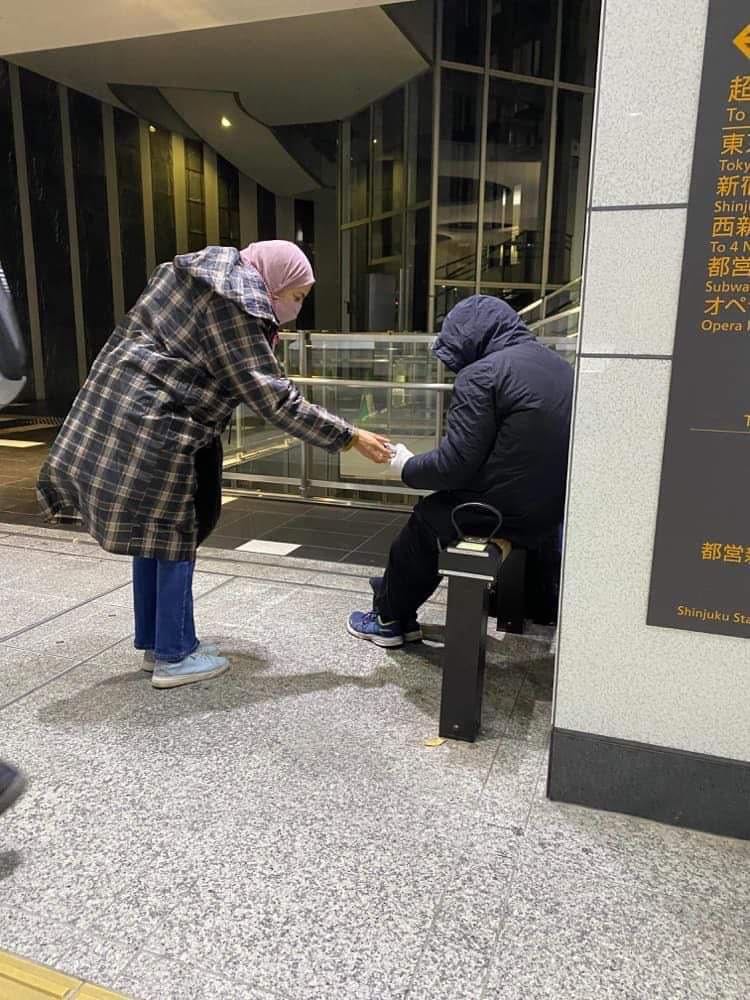
Has that made it difficult in a city like Tokyo, where bureaucracy often affects things?
Sometimes companies contact us wishing to make donations. Of course, they request receipts, which we can't provide. That's when it's a bit problematic. All we have is our post-patrol photo reports on Facebook and Instagram, so it's pretty much take it or leave it. But so far, so good!
A United Effort
What are your main activities?
We feed about 100 homeless people every Sunday on Shinjuku’s west side, around the Tocho (Tokyo Metropolitan Government Building) and the station. Then we also bring food to 50 people every Wednesday night in Ueno, and a small number along the Tama River. We have a loosely-connected chapter in Yokohama, the Yokohama Spring Homeless Patrol. They are feeding over 100 people twice a month, with a team led by two wonderful human beings, Patrick and Elena.
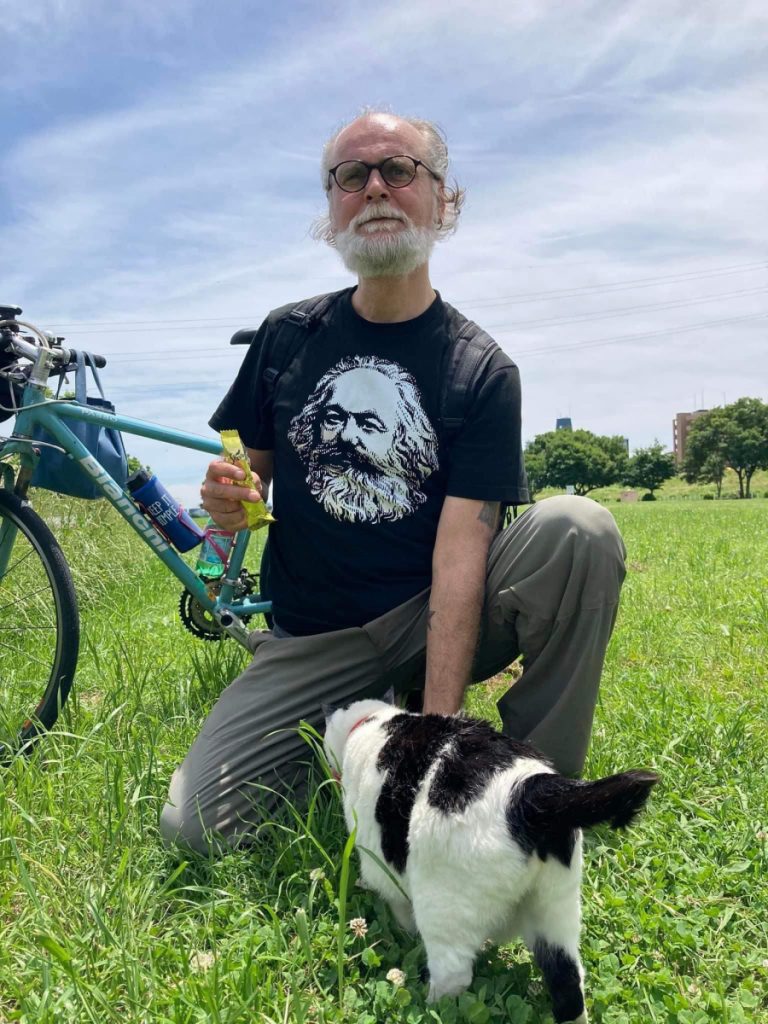
What have been the main challenges in keeping Tokyo Spring Homeless Patrol going?
The hardest thing at first was doing it with our own money, as we were (are) all part-timers. That lasted for about a year. Then as we became better known, we were featured in an English newspaper and later other publications picked up on it. So it all helped with getting donations and new volunteers. Getting donations is still the biggest challenge — it's a never-ending struggle.
Dedicated volunteers are also crucial for your activities. How do you find volunteers and who are they?
They find us, mainly via Facebook and Instagram, or by Googling us. About 95% of our volunteers are foreign nationals, ranging in age from as young as five years old to over 80. We are beautifully international, with volunteers from Kurdistan to Australia, Palestine to Malawi, up to Denmark, and pretty much everywhere in between. That's my favorite part!
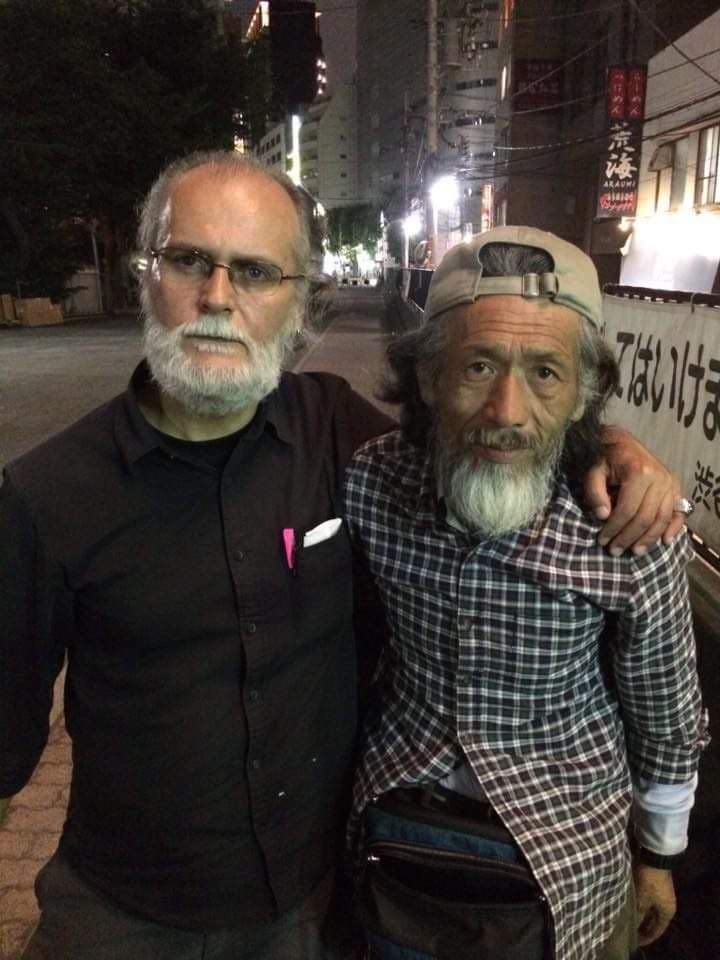
How do you motivate your team members to continue?
Volunteers come and go, but some stay. I'm the only one left of the original five. Right now we have a core team of people. And I don't do any motivating — the sight of a hungry human being sleeping on the pavement should be enough of a motivator.
No Safety Net
What are some main factors leading to people having no place to live?
Becoming unemployed is a major one, along with other factors such as being in debt, mental health problems, and domestic violence in the case of women. Japan is notorious for having a close-to-non-existent safety net — believe me, I've been there. It’s actually due to the reluctance of the Japanese government to deal with this kind of situation. I believe we can measure how humane a society is by the way it treats its most vulnerable members.
What do you say to those who are surprised that a wealthy city like Tokyo has people with no home?
Japan does excel at sweeping its shame under the carpet. For example, in March Metropolitan Government officials told the homeless to take themselves and their belongings and keep out of sight during the Tokyo Marathon, so that international visitors wouldn't see them. Out of sight, out of mind, right?
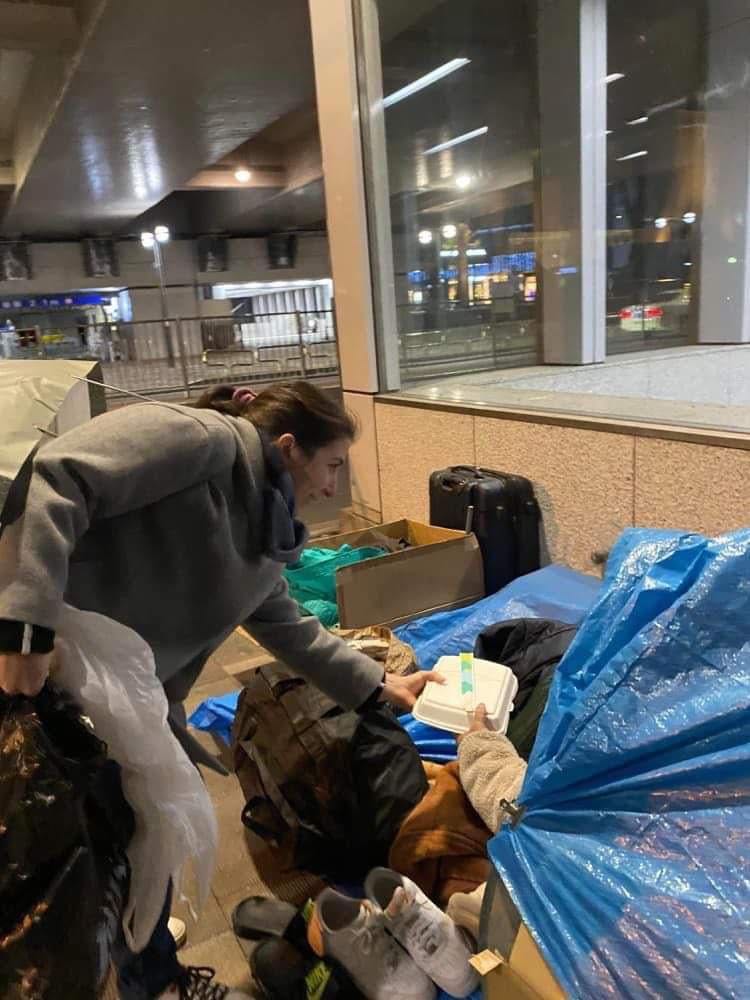
How about government-run shelters for those living in poverty? Do they help prevent people from ending up living on the streets?
There are shelters, yes, but if they were any good no homeless person would choose to sleep rough in the middle of winter. Those places are often unsafe since the strong prey on the weak, and they’re cold in winter and like furnaces in summer. The homeless are not allowed to bring their belongings inside with them, so where are they supposed to leave all their earthly possessions?
Sharing Stories, Building Trust
Is there a particular story from your time with the patrol that stands out?
There are so many sad stories, but here’s one about a homeless man who lives along the Tama River. He has a law degree, speaks English, and went to Dublin five times to see U2, his favorite band. But this guy was suffering from serious depression in the 90s, and with Japan being behind in the field of mental health issues, nobody took him seriously. One day he lost it, threw everything away, and went off to settle down by the river.
A more positive story is about a youngish man who told me about his early days of homelessness. He was desperate for food and about to rummage through the garbage when “out of nowhere” (his words) Tokyo Spring Homeless Patrol appeared with all sorts of stuff to eat. He was very happy.
Your group’s social media features short interviews with some of the people you are helping. Is it difficult to get them to open up?
Sharing their stories with us is based on trust, and trust is what we've been building with them for the past seven years. I tell them that the main purpose of sharing their stories is to help us get more donations. We get more, they get more.
How can readers help out, as volunteers or by making a donation?
Just contact us directly and we'll take it from there. Thank you!
For more information on Tokyo Spring Homeless Patrol, contact Brkić Sulejman by email. Or see their Facebook page.
Check out other installments of Global to Local by Louise George Kittaka.
Louise George Kittaka is a bilingual writer and content creator from New Zealand. She writes for numerous media platforms and also lectures at Shirayuri Women’s University in Tokyo.






